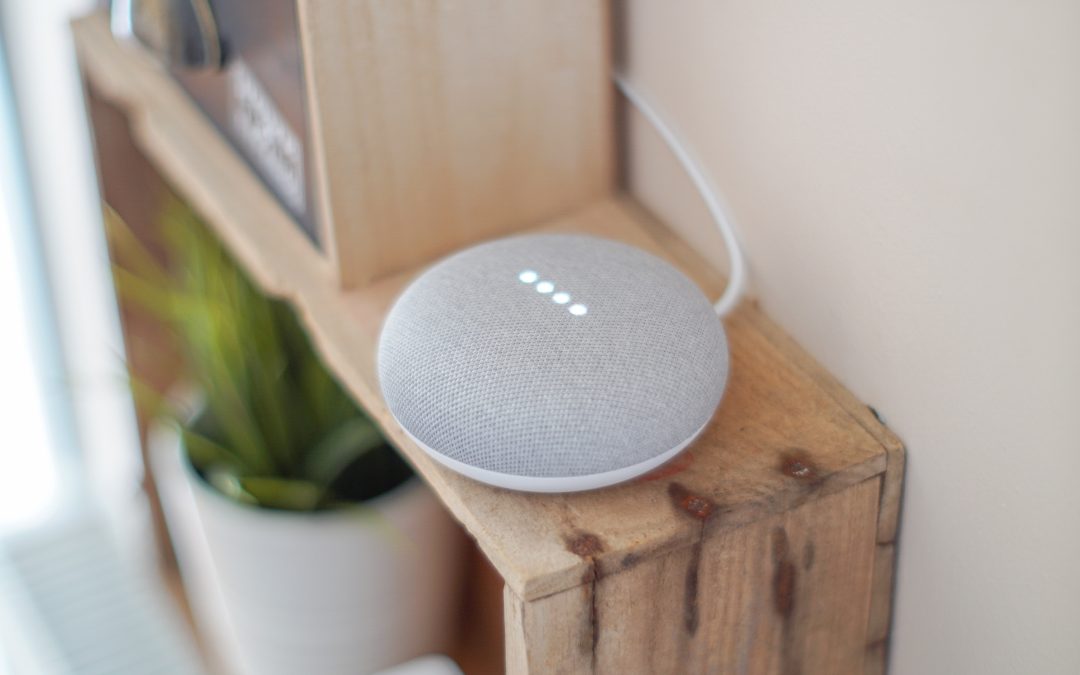In the fast-paced digital age, the concept of a “smart home” has rapidly gained popularity, revolutionizing the way we interact with and manage our living spaces. Smart home technology offers a seamless integration of devices and systems that enhance convenience, comfort, security, and energy efficiency. From voice-activated assistants to automated thermostats, these cutting-edge innovations have ushered in a new era of modern living, empowering homeowners to create spaces that cater to their preferences and lifestyle. In this article, we will explore the remarkable benefits of smart home technology and how it is reshaping the way we live and interact with our homes.
Home Automation for Streamlined Living
One of the primary advantages of smart home technology is home automation, which allows homeowners to control various devices and appliances remotely or through centralized hubs. With a smartphone or tablet, individuals can regulate lighting, adjust thermostat settings, control home security cameras, and even manage household appliances, all at their fingertips. This level of automation streamlines daily routines and reduces the need for manual intervention, ultimately saving time and effort.
Energy Efficiency and Cost Savings
Smart home technology plays a crucial role in optimizing energy consumption, leading to substantial cost savings and a reduced carbon footprint. Smart thermostats can learn household patterns and adjust temperature settings accordingly, ensuring energy is not wasted when rooms are unoccupied. Additionally, smart lighting systems can dim or turn off lights in empty rooms, minimizing electricity usage. Over time, these energy-efficient practices can significantly lower utility bills and contribute to a more sustainable living environment.
Enhanced Security and Peace of Mind
Home security is a top priority for homeowners, and smart home technology has greatly enhanced the way we protect our properties. Smart security systems offer features like motion-activated cameras, doorbell cameras with two-way communication, and smart locks that can be remotely controlled. With real-time alerts and surveillance, homeowners can monitor their homes from anywhere, providing them with peace of mind and a heightened sense of security.
Voice-Activated Assistance and Smart Integration
Perhaps one of the most iconic components of smart home technology is voice-activated assistants like Amazon Echo’s Alexa or Google Home. These virtual assistants can perform a wide range of tasks, from setting reminders and playing music to providing weather updates and answering questions. Moreover, smart home devices can be integrated to work together seamlessly. For instance, homeowners can set up “scenes” where multiple devices perform specific actions simultaneously with a single voice command, such as turning off lights and adjusting the thermostat before bedtime.
Accessibility and Aging in Place
Smart home technology has become a game-changer for individuals with disabilities or older adults who wish to age in place. With voice control and automation, these individuals can easily manage their homes and perform tasks that might otherwise be challenging. Smart devices can be tailored to accommodate unique needs, making daily living more accessible and comfortable.
As technology continues to advance, smart home systems will only become more sophisticated and integrated into our lives. The convenience, efficiency, and enhanced living experience that smart home technology offers have captured the imagination of homeowners worldwide. By empowering individuals to control their living spaces with ease, promoting energy efficiency, bolstering security, and providing accessibility for all, smart home technology is revolutionizing modern living and shaping the homes of the future. Embracing this transformative trend allows homeowners to take charge of their living spaces like never before, making life simpler, safer, and more enjoyable.

